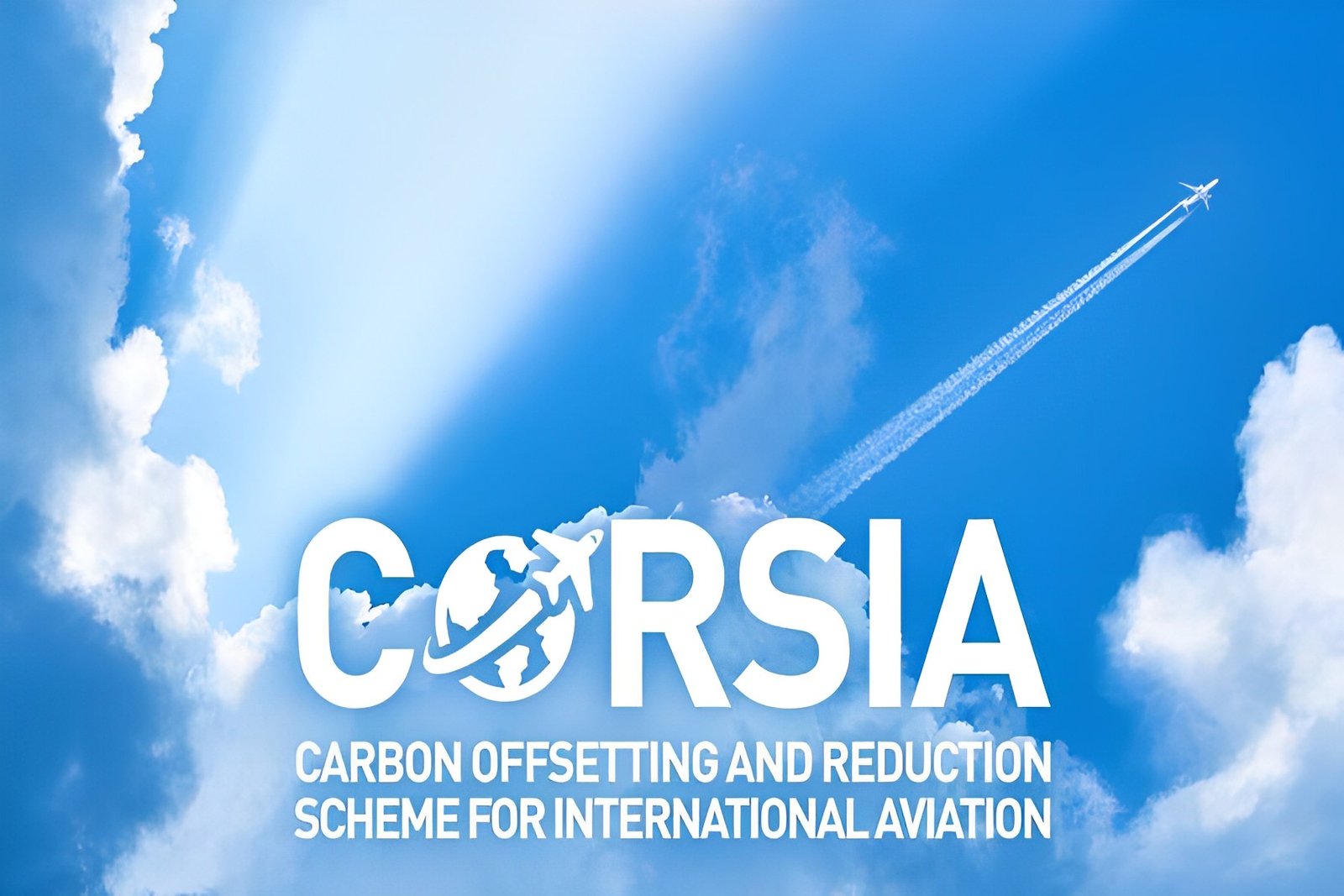A prominent airline trade association expects worldwide emissions-related restrictions to start next year as flight traffic rises.
Next year, the UN-led Carbon Offsetting and Reduction Scheme for International Aviation (CORSIA) will curb international flight emissions at 85% of 2019 levels.
Aviation contributes 3% of global emissions, making it crucial to fighting climate change. “Flight shaming” to choose lower-carbon flights returns as traffic recovers from the COVID-19 epidemic.
Airlines are purchasing credits in pollution-lowering programs like planting trees to offset emissions since electric and hydrogen-powered aircraft are untested and sustainable aviation fuel (SAF) is scarce and expensive.
Offsets cost less than SAF, but detractors claim they don’t cut aircraft emissions, which is essential to the industry’s environmental aims.
Once international traffic returns to 2019 levels, IATA told Reuters that carriers might start buying carbon offsets next year to fulfill CORSIA emissions requirements.
Airlines acquire carbon credits willingly. CORSIA requires carriers from over 100 countries to offset growing emissions exceeding 85% of 2019 levels.
IATA’s traffic recovery predictions were previously unpublished.
Traffic-dependent offsets are unclear. IATA said airlines can acquire credits before the U.S. Federal Aviation Agency calculates CORSIA’s first phase requirements in 2026.
ICAO’s assembly adopted CORSIA in 2016. ICAO’s 193 members follow its criteria.
CORSIA’s first phase is voluntary, but member airlines like the U.S. must follow it.
IATA and many airlines favor CORSIA, which avoids several regional emission laws that might boost prices, but executives have questioned offsets.
United Airlines (UAL.O) CEO Scott Kirby labeled them “greenwashing” and advocated for their abolition, calculating that planting trees on every acre of land would offset emissions in five months. Instead, he prefers SAF, electric planes, and carbon sequestration.
“It makes no sense for an airline to purchase costly SAF when it can buy cheap offsets,” said Jo Dardenne, Brussels-based Transport & Environment aviation director.
SAF is made in minuscule amounts from cooking oils and animal manure, costing two to five times more than standard jet fuels. Therefore, massive government incentives like tax credits are needed to ramp up production and make it financially feasible.
IATA estimates global SAF production will fulfill 2% of aviation fuel demand by 2025.
“Many airlines would like to minimize their offsetting obligations by reporting SAF use, but governments mostly haven’t done their bit to assist make any more SAF available – even when they have imposed regulations,” IATA stated.
Easy Jet (EZJ.L) and United are counting on SAF to reach net-zero carbon emissions by 2050 without offsets. As of December, its operations utilized less than 0.1% of its aviation fuel.
“U.N.-certified carbon credits will be essential,” JetBlue Airlines (JBLU.O) head of Sustainability and ESG Sara Bogdan told Reuters.
ICAO claims CORSIA’s integrity is higher than previous offsetting schemes since governments and environmental groups created its standards.
JetBlue reduces emissions with more SAF and fuel-efficient planes. As a result, it will avoid almost 11 million metric tons of carbon by 2022.
United chief sustainability officer Lauren Riley said offsets cost $10 to $15 per metric ton of carbon reduction, whereas SAF costs $200.
“Economics are tough,” she told Reporters.













































Comment Template